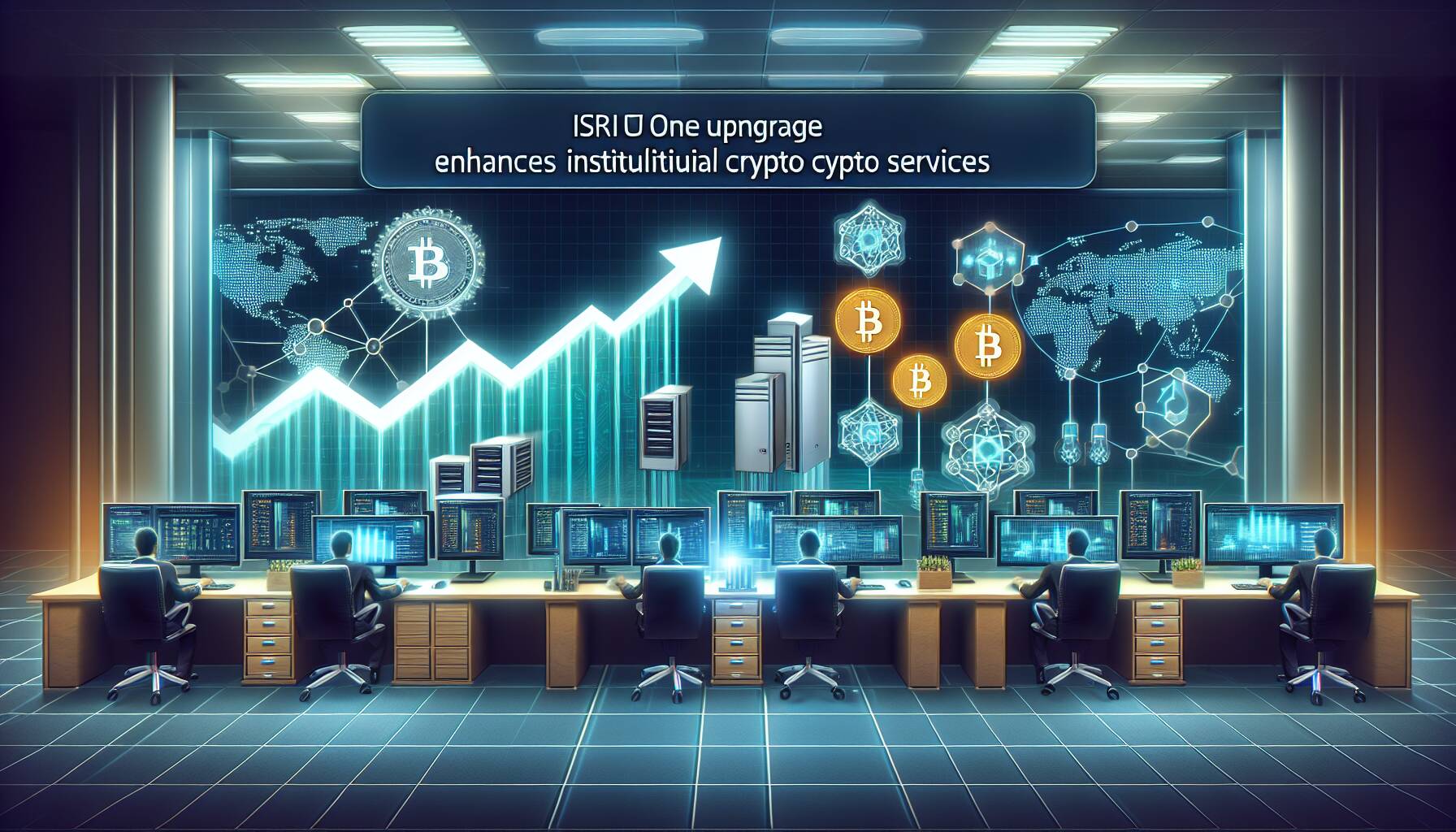The cryptocurrency landscape is witnessing a significant evolution with the recent upgrade of GSR One, an innovative platform that aims to streamline various financial services for institutions. This comprehensive platform now unifies market making, over-the-counter trading, and treasury services, reflecting the growing demand for robust, institutional-grade crypto infrastructure. As more traditional financial players venture into the crypto space, tools like GSR One become essential in navigating the complexities of digital asset trading.
“The upgrade speaks to the necessity of sophisticated solutions that can cater to the increasing institutional interest in cryptocurrencies,” said a spokesperson from GSR.
With institutions seeking secure and efficient ways to manage their cryptocurrency transactions, the enhancements to GSR One are timely and significant. By integrating multiple functionalities into a single platform, GSR aims to provide a seamless experience that supports the evolving needs of institutional investors. This move not only reflects the growth in demand but also positions GSR as a key player in the burgeoning sector of cryptocurrency financial services.

GSR Upgrades GSR One: A Unified Solution for Institutional-Grade Crypto Infrastructure
The recent upgrade to GSR One brings significant improvements in market making, over-the-counter trading, and treasury services. Here are the key points:
- Unified Platform: GSR One combines multiple services into a single interface, enhancing user experience and efficiency.
- Market Making: Improved tools for liquidity provision, crucial for institutional traders looking to optimize their trading strategies.
- Over-the-Counter Trading: Facilitates large transactions without causing market disruptions, benefiting institutions requiring stealth and discretion.
- Treasury Services: Enhanced cash management solutions help institutions manage their crypto assets more effectively.
- Increased Demand: The upgrade reflects the growing need for reliable and sophisticated infrastructure in the crypto market as more institutions enter the space.
The relationship and potential impact on readers:
- Enhanced Trading Efficiency: Readers involved in crypto trading may find the unified platform streamlines their operations, saving time and reducing errors.
- Access to Institutional Tools: The various services offered may provide retail traders insights into strategies used by larger entities.
- Market Stability: With better liquidity and OTC options, readers may benefit from a more stable trading environment.
- Asset Management: Enhanced treasury services can lead to better asset management practices for those managing significant crypto holdings.
Evaluating GSR’s Innovative Upgrade in Crypto Infrastructure
The latest upgrade from GSR, introducing GSR One, marks a significant evolution in the landscape of institutional-grade cryptocurrency services. By unifying market making, over-the-counter (OTC) trading, and treasury services, GSR One positions itself as a comprehensive solution tailored for institutional investors seeking a seamless trading experience amidst the growing demand for advanced crypto infrastructure.
Competitively, GSR One stands out by offering a streamlined approach that reduces friction in trading processes and enhances liquidity management. In contrast to other platforms that may offer fragmented services, GSR’s integration allows for more efficient capital allocations and better risk management strategies. This could particularly benefit hedge funds and institutional traders who require agility and precision in their trading operations.
However, some potential drawbacks exist. The reliance on a single platform might pose risks regarding usability and flexibility for various trading strategies. Institutions accustomed to diversifying their trading practices across multiple providers may find this all-in-one solution limiting. Moreover, the increasing complexity of regulatory compliance in the crypto sector could introduce challenges for GSR as it scales its operations.
This news could primarily benefit institutional investors looking for robust trading capabilities, while simultaneously creating challenges for smaller firms with less power to leverage sophisticated unified services. As institutions begin to adopt such holistic solutions, the competitive landscape may shift, pushing firms that fail to innovate further behind.

















